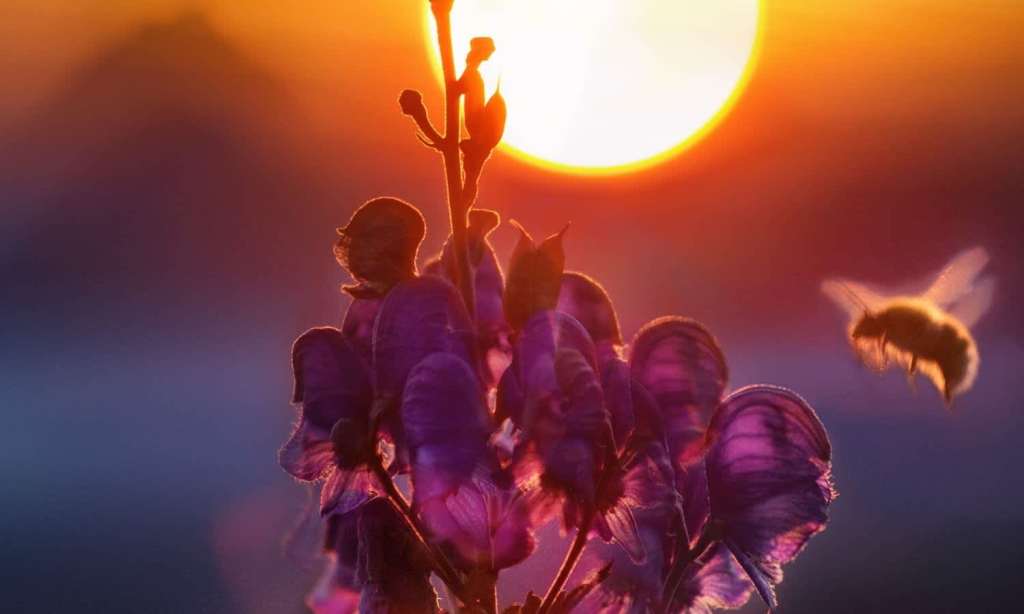Regardless of whether we ascribe to the cottagecore aesthetic (and its accompanying gardens), we’re big fans of the bees and making sure they’re doing well — even if it means parting ways with African tulip trees (the common backyard tree kills our native bees).
And today, on World Bee Day, we’re even more set on making sure our native bee population is doing well — did you know that bees pollinate 336,000 types of plants, and contribute to 75% of our food crops through pollination?
That’s not even mentioning the fact that they provide us with the deliciousness that is honey — the Manuka Honey (that also helps with wound healing) industry is set to be worth over $1 billion by 2028. The bees are abuzz with that news.
But there are some things to be in a flap about — bee populations have faced a steep decline globally, according to Noelani Waters, beekeeper, bee advocate and educator at Comvita. Waters say numbers have steadied, but there is habitat loss from bushfires and urbanisation.
These aren’t the only threats these adorable insects are facing though. Globally, expansive pesticide use, industrialised agriculture, imported pests and diseases, and climate change are all playing havoc on the bee population.
But it’s not all stinging news. You don’t have to comb the internet for information as Waters was kind enough to share several ways you can help encourage the bee population in your local area — and they’re all pretty simple.
First, get out in your garden, balcony or even your windowsill, and get planting. Waters suggests both native and organic flowers. Why? Because bees need “many colourful sources of nectar and pollen to provide diverse nutrition for their colony”. She suggests some “simple-to-grow” favourites, including basil, rosemary, lavender, marigolds, calendula, sunflowers and cosmos — you might even be able to cop some at Bunnings on sale.
Another suggestion from our favourite beekeeper is to provide a clean source of water in your yard — Waters says they need water just as much as nectar and pollen in hot seasons. “Keep a fresh bowl of water in your yard or on your deck,” she suggests. Quick tip: fill it with stones, so these buzzy little babes can safely land while having a drink.
One thing this bee advocate urges against is spraying pesticides — yep, that includes organic ones. Even they can kill bees! If you must spray, please beehive (behave). Waters suggests “responsible spray practices”; these involve spraying after sundown (as most pollinators are done foraging), avoid spraying into the wind and never mixing chemicals. If you do need to remove a beehive from your property, call a local beekeeper as opposed to an exterminator.
Voting with your fork is another suggestion from Waters, who says to support farmers that practice sustainable and regenerative agriculture. This can be as simple as going to your local farmer’s market or signing up for a local Community Supported Agriculture program.
Together, we queens can help save the bees (yes, kings you can support this matriarchy too).
Read more stories from The Latch and subscribe to our email newsletter.







